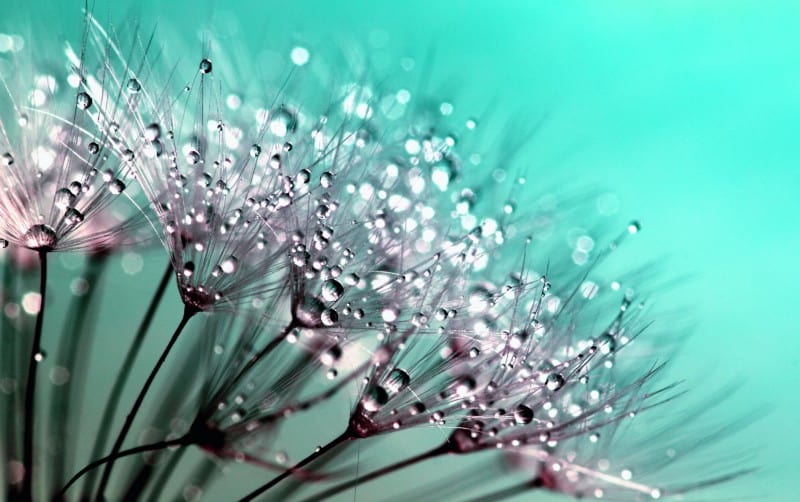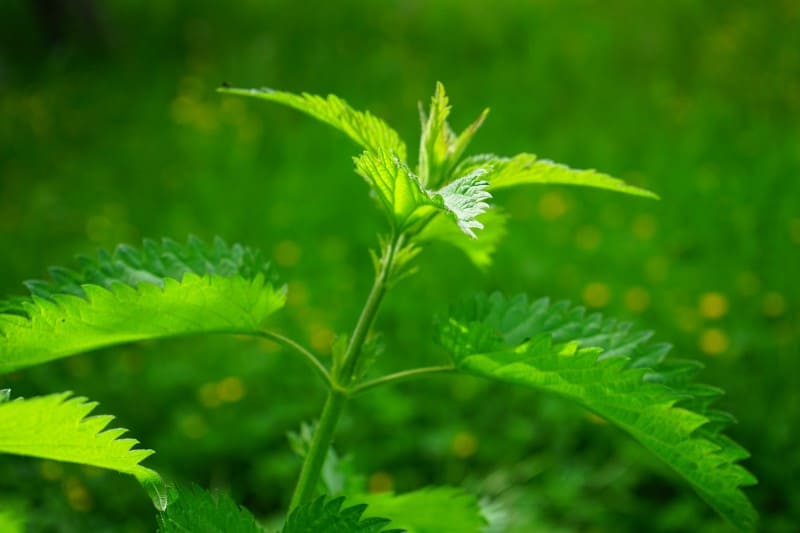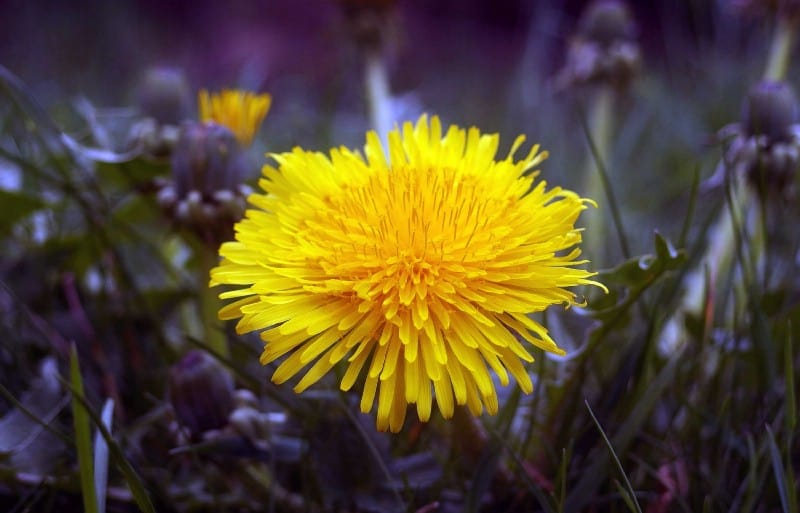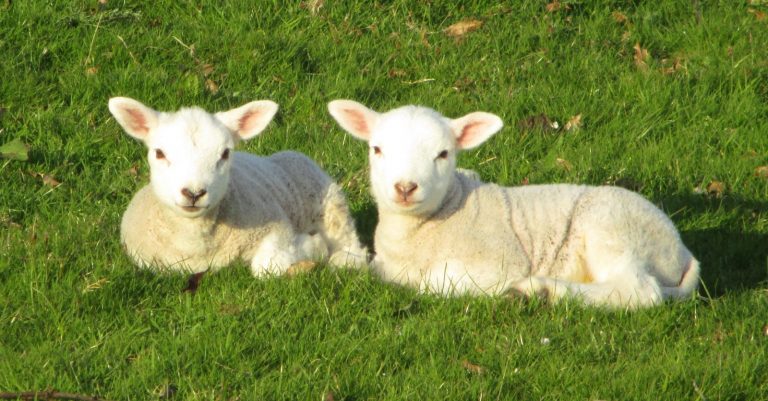Increase vitality through connection with common weeds, examine your attitude to nettle and dandelion to bring you back to life.

In this article I want to invite you to examine your beliefs about and attitude to the wild weeds of your land. I’d like to start with two of our most common weeds, Nettle and Dandelion. I want to ask you to check your cultural story about these two plants and allow yourself to come back into full connection with them.
Our common weeds are a doorway into conscious connection with the web of life and can feed our curiosity for nature in so many ways. You can feel more connected and alive through your connection with the wild plants that grow all around you and the way they tap you into the cycles of nature.
As a forager it has been my experience that many people have closed themselves off from the nature beings that are physically close to us. Some of our most useful herbs have a bad press. Often this has come about through childhood experiences.
Fear of nettles

A classic occurrence is a fear of nettles because at some point as a child someone has fallen into nettles and got stung. At a young age this can be a formative experience, not helped by anxious parents’ repeated warnings not to approach nettles. Nettles become associated with pain and are therefore avoided.
Yet nettles are extraordinary beings that can help us in so many ways. This ranges from super foods, they are high in minerals, vitamins and protein (use in soup, pesto, smoothies), medicine (antihistamine, blood cleanser and supporter and prostate medicine) to fibre and dyes. See 101 uses of nettles Piers Warren.
Nettles are very abundant in the UK and many places around the world. As perennial plants, they can be harvested many times, whilst the roots support regrowth. The leaves are best harvested when young before the plant flowers. In late summer the seed becomes available for harvest. These are adaptogens, meaning they help with a general stress response and strengthen adrenals. They can also help restore the kidneys. Talk to your herbalist to support serious health issues for a holistic treatment.
‘Dandelions make you wet your bed’

Dandelions have also suffered from a negative cultural perspective. Similarly to nettles, the general view seems to be that they must be eradicated from our gardens. They are ‘bad’ and invasive and must be removed. The Permaculture view is to recognise Dandelion a dynamic accumulator. This is a plant that absorbs minerals generously, usually deep in the soil, often with a tap root. As the plant dies down for the winter the minerals accumulated in the leaves are deposited at the soil surface. In Permaculture we speed up this process by cutting and mulching the plants just above the growing tip. This way they can regrow again and again and act as a nutrient pump. Comfrey is well known for this by gardeners but there are many plants there can support our gardens in this way, including Dandelion.
Dandelions are also amazing and useful healing plants. They can be used as a diuretic, a medicine that helps expel excess fluids from the body. Conventional medicine diuretics require potassium supplements as the process makes the body deficient. Dandelions are rich in potassium and therefore keep our bodies in balance.
The French name Piss-en-lit (wet-the-bed) hints at this diuretic effect. Sadly childhood interest in Dandelions has been known to be squashed by the story that it makes you wet the bed. A diuretic simply makes you need the toilet more frequently.
Dandelion also supports the digestive system, in particular the liver, is a blood tonic and can help reduce inflammation. All parts can be eaten. Flowers are nice as fritters, leaves mixed into salads or with cooked greens and roots mixed into stir-fries or casseroles. The slightly bitter flavour is good for our digestive system and can be masked by combining it with other vegetables.
The warm yellow flowers warm and lift our hearts in the spring.
So what is your and your community’s story about Nettle and Dandelion? Which part of you is yearning to know more about these plants? Which element of your body knows you can receive something of benefit by relating with these plants and engaging their support for your well-being? Where does your nearest Nettle or Dandelion grow and what stage of life are they in? Is there enough abundance for you to harvest some and make some tea?



